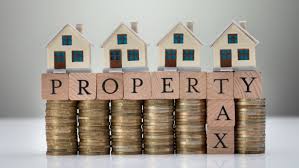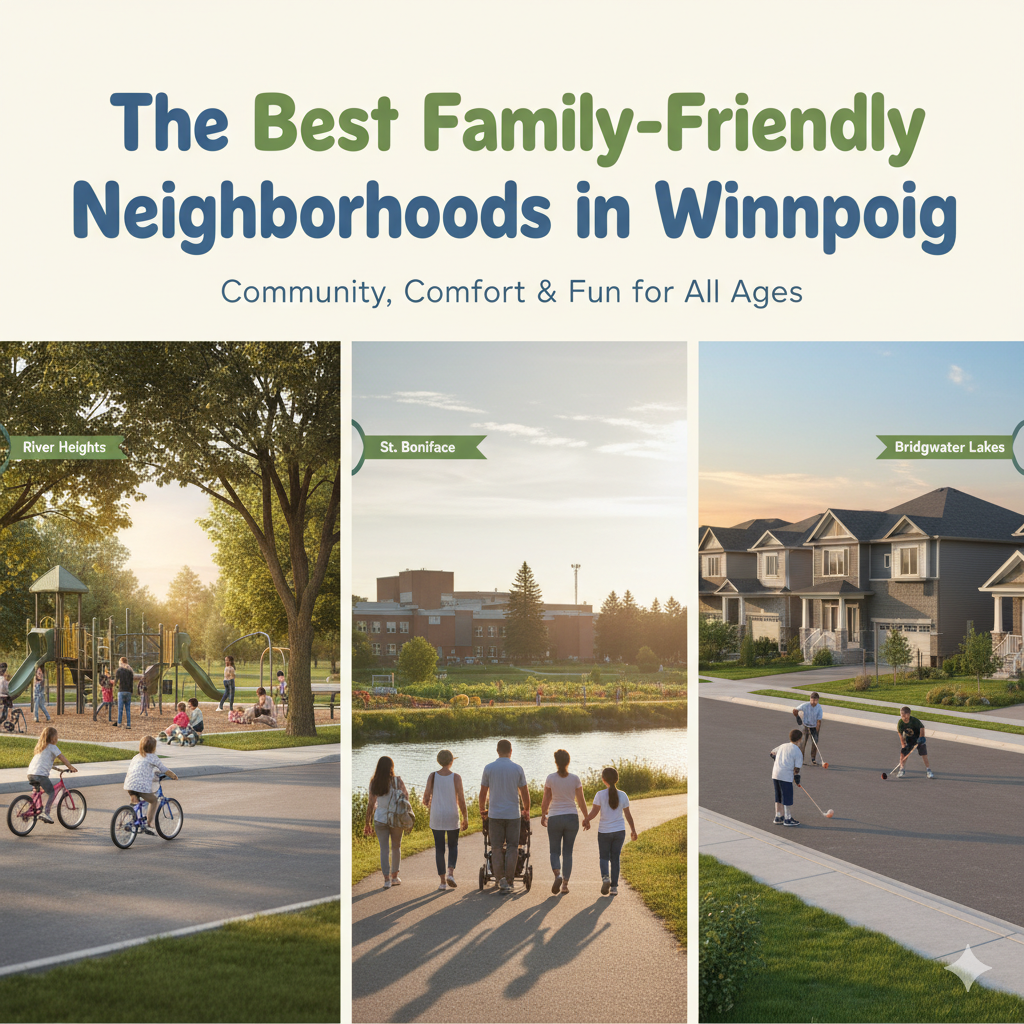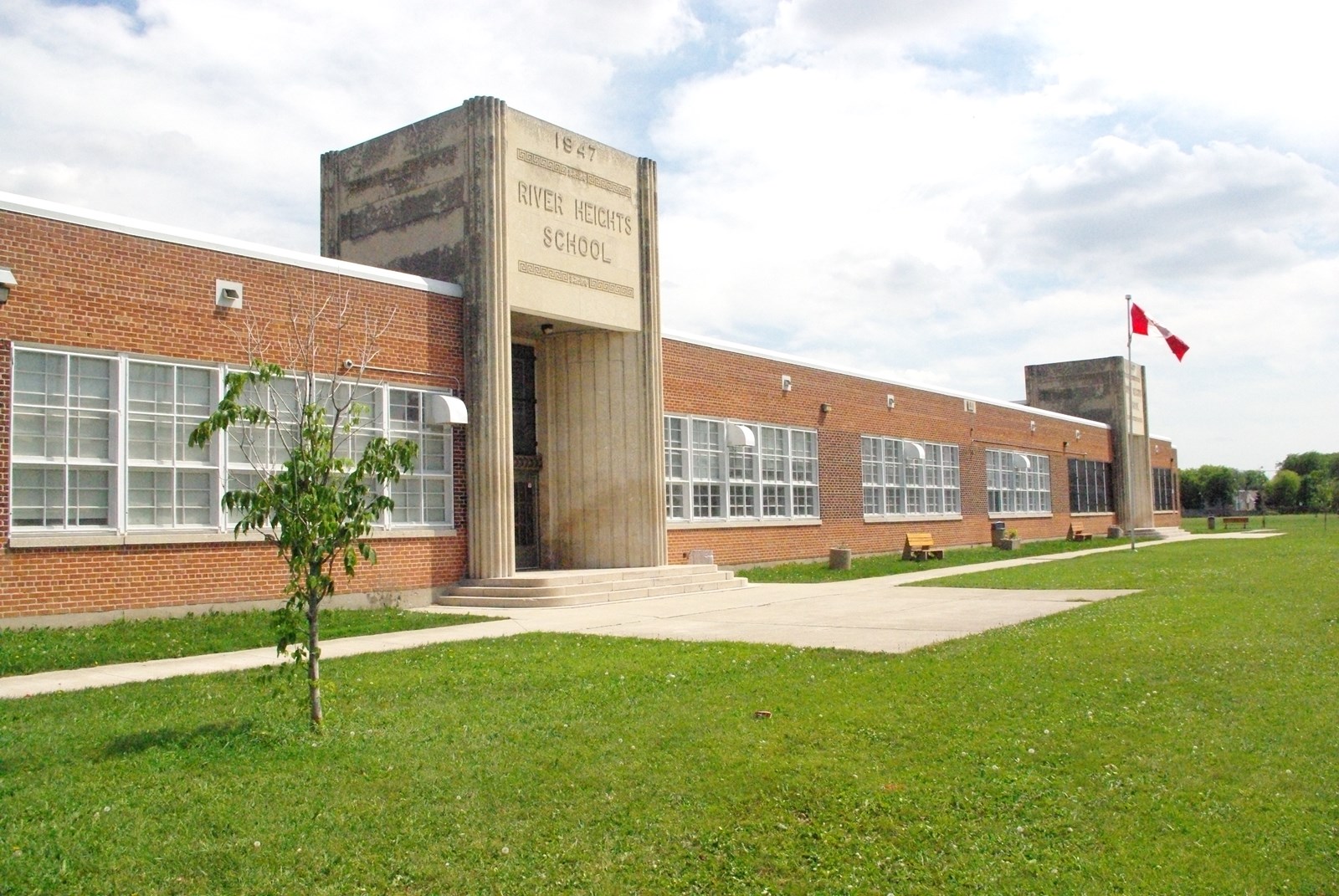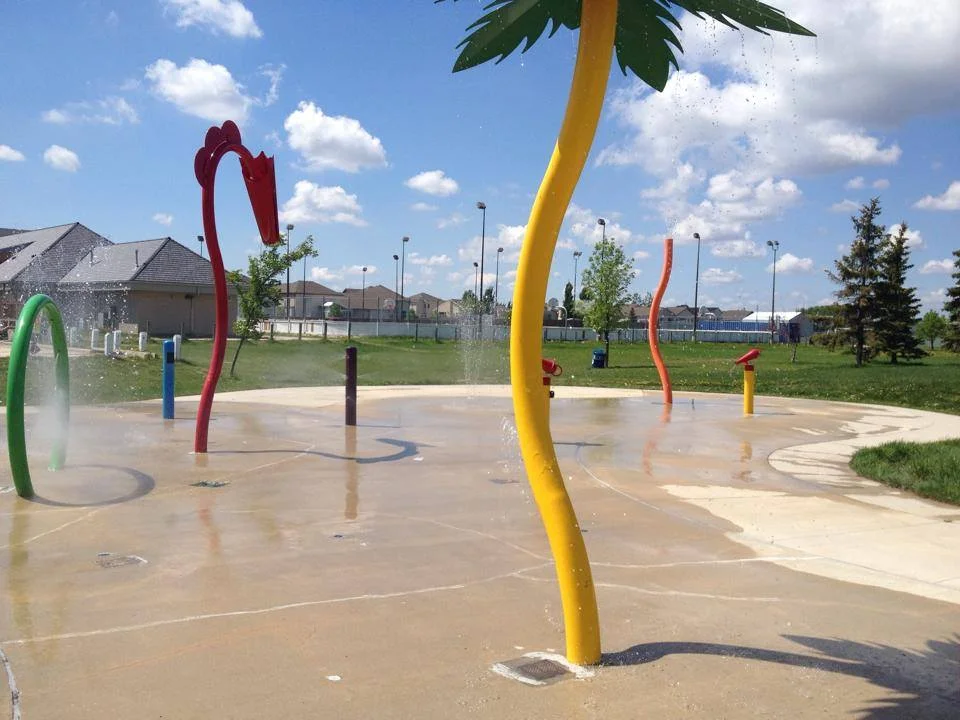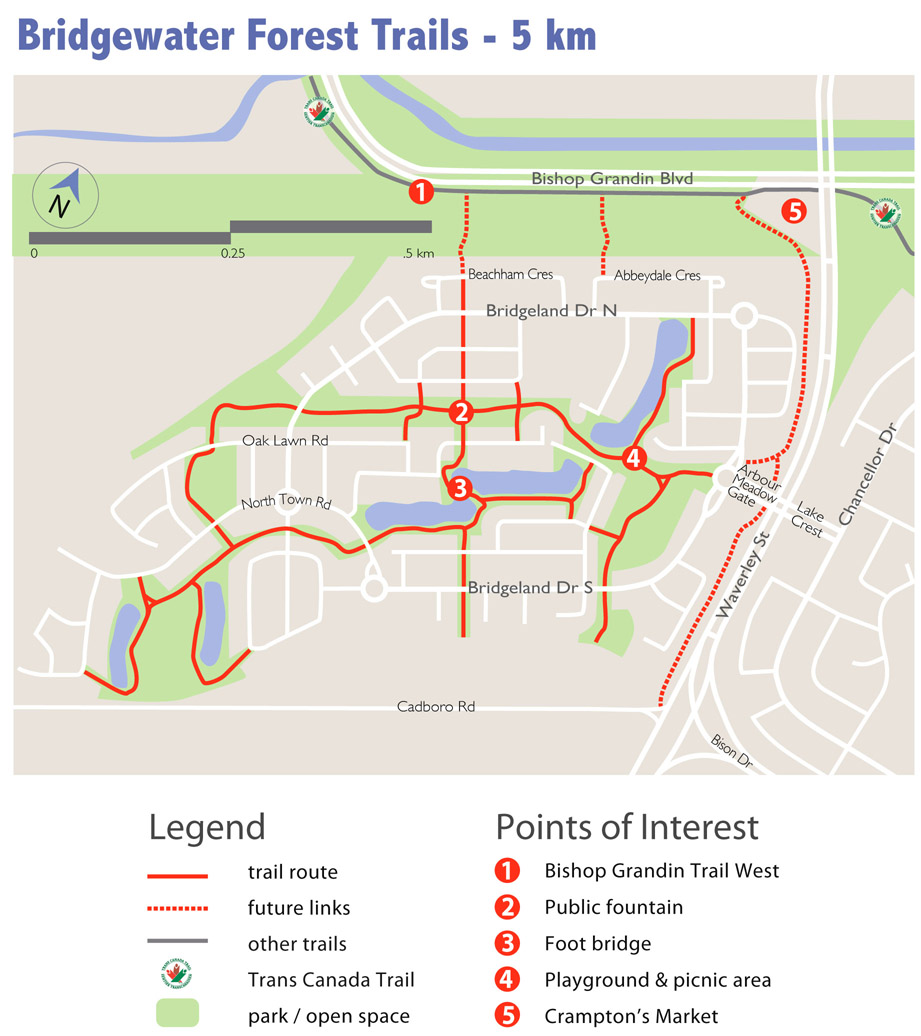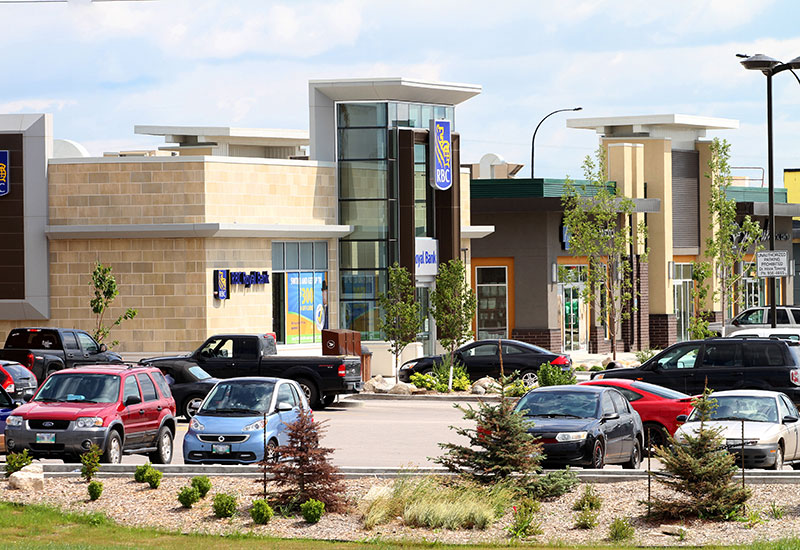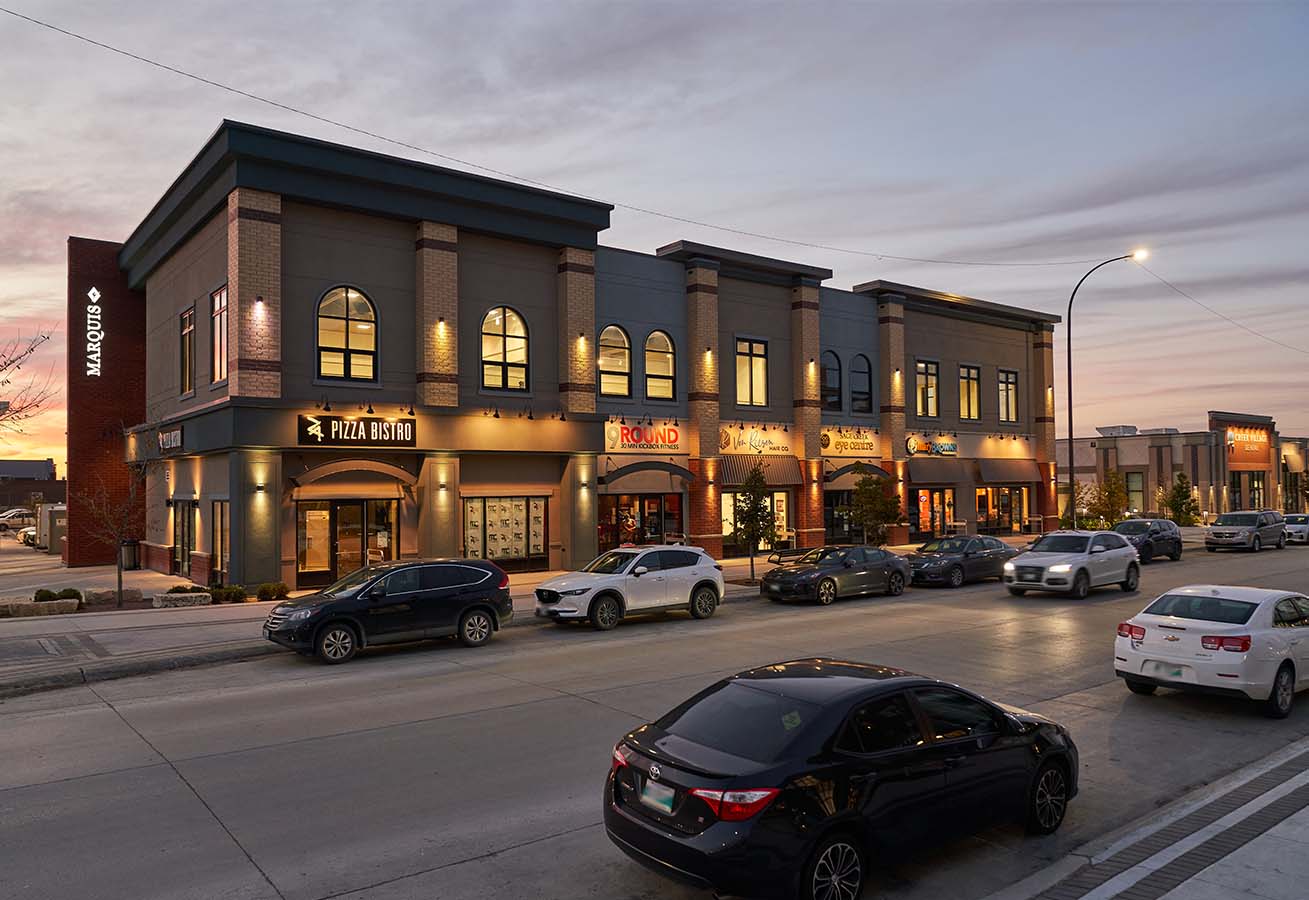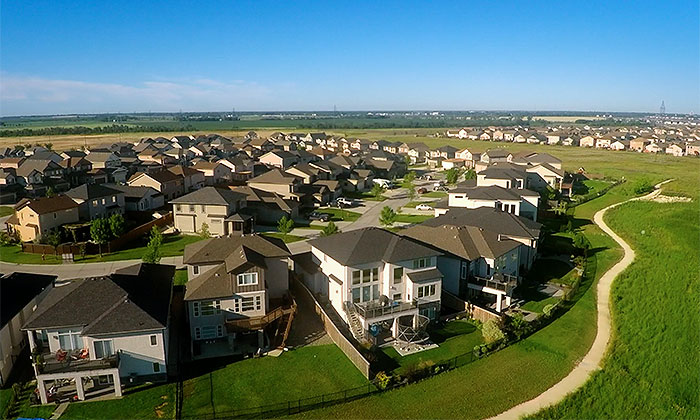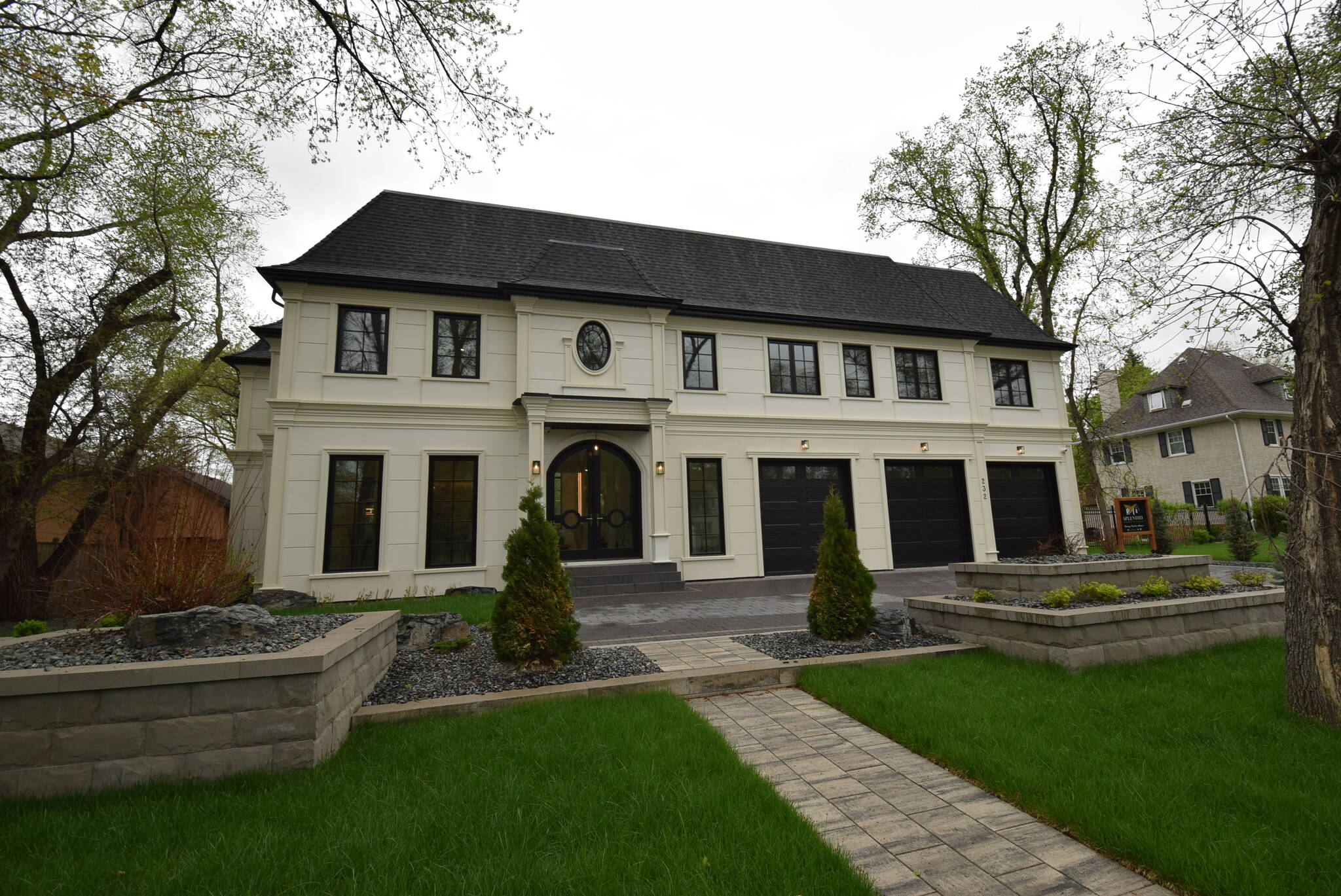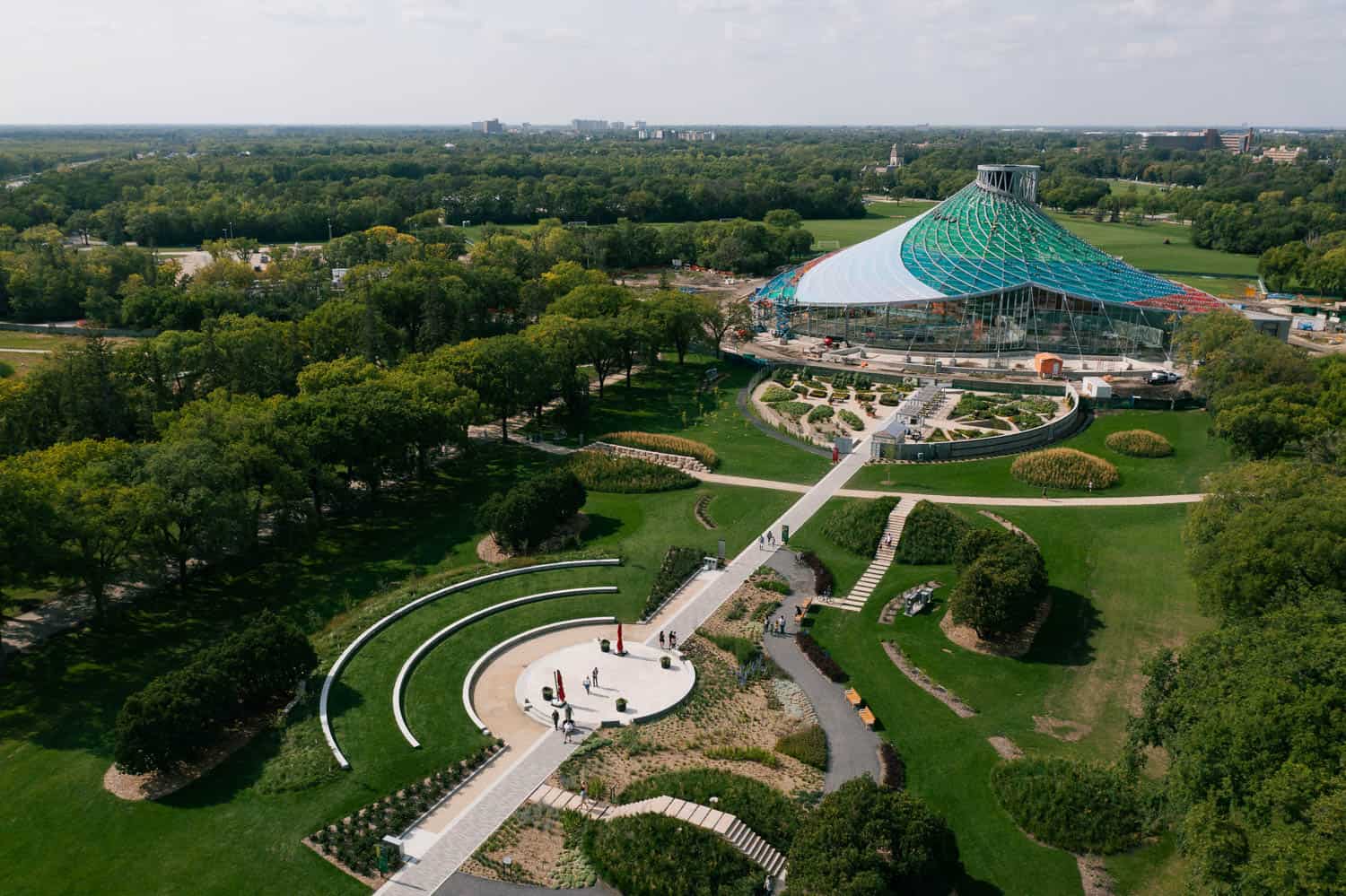Why “Waiting for the Right Time” Might Be Costing You More Than You Think
Every day, I meet people who tell me they’re waiting for the perfect time to buy. Maybe they’re hoping interest rates will drop, or prices will cool down, or they just want to feel “more ready.”
And honestly, I get it. Buying a home — especially in today’s market — is a big decision. You want to make the smartest move possible.
But here’s the truth: sometimes, waiting feels safe, yet it’s quietly becoming the most expensive choice you can make.
Because while you’re on the sidelines, the market doesn’t pause — it moves forward. Prices shift. Interest rates fluctuate. And opportunities? They don’t wait around for perfect timing.
Let’s break down what this “hidden cost” actually looks like — and why acting sooner could mean securing your financial future faster than you think.
The Price of “Someday”
Let’s say there’s a $400,000 home that catches your eye. You love the location, the layout, and the neighborhood. But instead of buying today, you decide to “wait and see” what happens next year.
If home prices increase by just 5%, that same property could cost you $420,000 a year from now.
That’s an extra $20,000 — not counting the higher property taxes or insurance that come with it.
And if you’re financing your purchase, the difference isn’t just a one-time bump. It compounds through your mortgage payments over the next 20–25 years.
In other words, waiting might cost you the down payment you’ve already saved.
The Interest Rate Trap
Interest rates are one of those things you can’t control — but they can control how far your dollar stretches.
Let’s say today you can lock in a rate at 5.5%. If you wait and the rate rises to 6.5%, that 1% difference could mean hundreds of dollars more every month on your mortgage.
Over 25 years, that’s not small change — it could add up to tens of thousands of dollars in extra interest.
Even if home prices stay stable, a higher interest rate can make a property far less affordable.
So the irony is: you might wait for prices to drop by $10,000, but end up paying $30,000 more in interest.
That’s the kind of hidden cost most people don’t think about until it’s too late.
The Missed Equity Opportunity
Every month you wait to buy, you’re missing out on equity growth — one of the biggest advantages of owning property.
When you buy, your payments start building equity immediately. Over time, that equity becomes a financial cushion — something renters never get.
For example:
If your home’s value grows by 4% per year, that’s $16,000 in potential appreciation on a $400,000 home in just 12 months.
That’s money working for you while you sleep.
Waiting means you’re missing that growth every single month — and you can’t get that time back.
Renting Isn’t Always the “Safer” Option
Many people say, “I’ll just rent for now until things settle down.” But let’s look at that from a numbers standpoint.
If your rent is $2,000 a month, that’s $24,000 a year — money that’s gone forever.
When you buy, part of your monthly payment goes toward your mortgage principal, building your own equity instead of someone else’s.
And unlike rent, your mortgage payment doesn’t usually go up every year. You’re locking in stability while investing in your future.
The real cost of waiting isn’t just what you’re spending on rent — it’s what you’re not gaining through ownership.
Emotional Readiness vs. Market Readiness
Now, let’s address something that doesn’t get talked about enough: the emotional side of waiting.
You might feel like you’re not ready — and that’s valid. Maybe you’re still saving up, or your career is in transition, or you’re nervous about taking on a mortgage.
But it’s important to separate feeling ready from being ready.
Sometimes, the fear of making a big move is more emotional than financial. And by the time you “feel ready,” the market might have moved far ahead of you.
If you’re already in a position to qualify for financing, have a stable income, and a clear idea of your goals — you’re more ready than you think.
Manitoba Market Reality: It’s Moving
Here in Manitoba, we’ve seen steady growth across most housing segments. Even when national markets slow down, local communities like Winnipeg, Steinbach, and surrounding areas continue to see consistent buyer demand.
That’s because Manitoba remains one of Canada’s most affordable provinces for real estate, and investors are noticing.
So, while some are hesitating, others are quietly taking advantage — locking in great properties before prices rise again.
It’s not about panic-buying. It’s about positioning yourself strategically before you’re priced out of opportunities that make sense today.
Real-Life Example: The Buyer Who Waited
A client once told me, “Ty, I want to buy — but I think prices will drop soon.”
So, they waited.
Twelve months later, that same type of home in their preferred neighborhood had gone up by 7%. And interest rates? They’d increased by 0.75%.
When they finally decided to buy, their monthly payment was nearly $400 higher — for the same kind of home they could’ve owned a year earlier.
They told me, “I thought I was playing it safe. I didn’t realize I was losing money by waiting.”
That’s the reality for many people right now — thinking they’re avoiding risk, when in truth, they’re taking on a different kind of risk: the cost of inaction.
The Real Lesson: Time > Timing
People often say, “Timing the market is everything.”
But in real estate, time in the market is what truly builds wealth.
No one can perfectly predict when rates will drop or when prices will hit bottom. But what we do know is this: real estate has consistently grown in value over the long term.
If you buy a home you can afford today — in a good location, with a stable plan — you’re setting yourself up for financial growth, stability, and peace of mind.
The longer you wait, the less control you have over what happens next.
So, Should You Buy Now?
Only you can decide that — but here’s what I tell my clients:
👉 If your finances are stable,
👉 If you’ve found a home that fits your needs,
👉 And if you’re planning to stay for at least a few years…
Then waiting probably won’t make things easier or cheaper.
Because no matter how much the market shifts, the best time to buy is when you’re personally ready — and the numbers make sense.
Final Thoughts: Don’t Let Fear Steal Your Future
Real estate isn’t just about bricks and walls — it’s about building a foundation for your life.
Every year you wait, the market keeps moving, opportunities shift, and your buying power changes.
It’s okay to take time to think — but don’t let hesitation hold you back from creating the life you want.
If you’ve been wondering whether now’s the right time to buy, or if you just want clarity about what makes sense for you…
📞 Let’s talk.
I’ll walk you through your options honestly, help you run the numbers, and show you what waiting might actually cost.
Because when it comes to your goals, you deserve a plan that moves you forward — not keeps you on pause.
🔗 Ready to Explore Your Next Move?
Check out our website: https://tysellswpg.com/
or reach out directly at 431-996-2077 | tysellswpg@gmail.com
Let’s turn “someday” into today.

